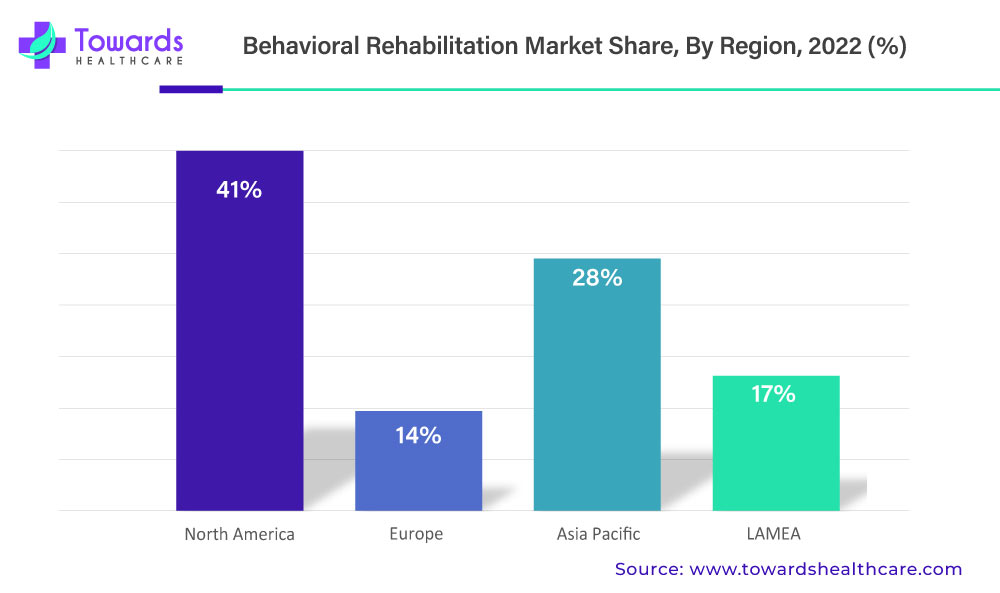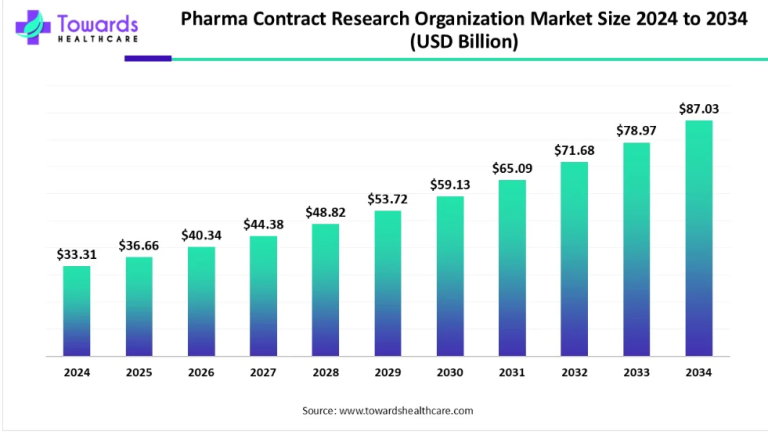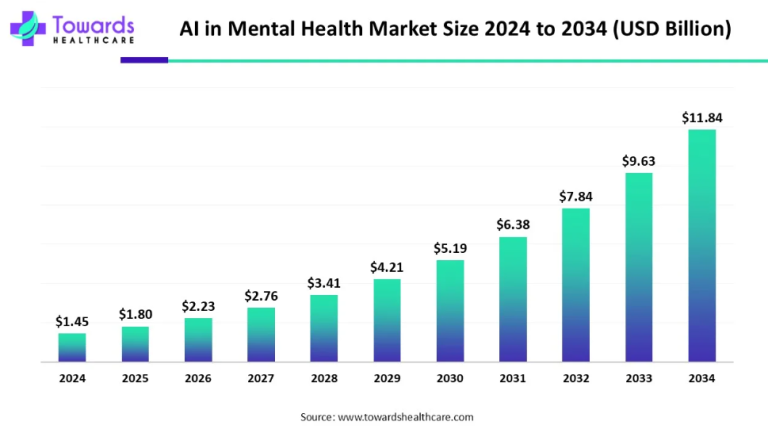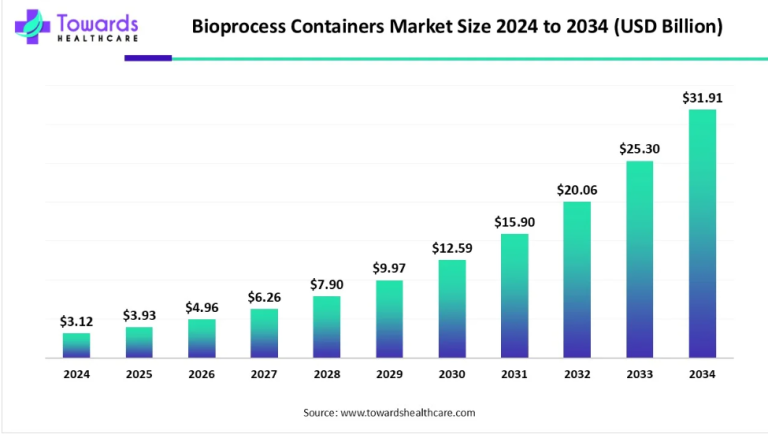
North America is set to dominate the behavioral rehabilitation industry, holding over 41% of the market share in 2022 and expected to maintain this position in the coming years. The region is witnessing a rise in mental health disorders like anxiety, depression, and attention deficit disorders. According to the National Alliance on Mental Illness (NAMI), in 2019, around 20.6% of adults in the United States (51.5 million people) experienced mental illness, with 44.8% of them receiving therapy. NAMI reports that one in every five US adults deals with mental illness annually. Integrated care, combining physical and behavioral patient data, can significantly improve health outcomes for patients and communities.
Factors contributing to the growth of the behavioral rehabilitation industry in North America include increased public awareness of available services, government initiatives to raise awareness, and higher consumer spending on healthcare.
Download a short version of this report @ https://www.towardshealthcare.com/personalized-scope/5026
In contrast, Asia Pacific is projected to experience the highest growth rate in the industry. This growth can be attributed to increased awareness of mental health issues, a rise in the number of rehabilitation clinics, higher healthcare spending, and an uptick in drug addiction among young people. The increase in illicit drug use among adolescents is expected to fuel market growth due to its association with various mental health conditions.
The behavioral rehabilitation industry is experiencing growth driven by the increasing prevalence of behavioral disorders. These disorders are becoming more common, especially among young adults aged 16 to 25, due to technological advancements and rapid urbanization. Easy access to harmful substances and the proliferation of internet-based activities like gaming, online gambling, and pornography contribute to this rise in behavioral problems. Consequently, there is a growing demand for behavioral rehabilitation services, which is expected to fuel industry expansion in the coming years.
Changing attitudes toward behavioral rehabilitation are also contributing to the industry’s global growth. There is greater societal acceptance of behavioral disorders, encouraging individuals to seek treatment for behavioral addictions. People are becoming more comfortable discussing their mental health issues, leading to increased acceptance of behavioral rehabilitation treatments.
Challenges in the Behavioral Rehabilitation Industry
Stigma associated with behavioral disorders remains a significant obstacle to the global expansion of the behavioral rehabilitation market. This stigma can have a detrimental effect on individuals and their families, discouraging them from seeking help and leading to social discrimination. It also hinders people with mental illnesses from seeking or adhering to treatment, impacting their ability to function in society.
Another challenge is the lack of understanding of behavioral disorders, making them difficult to diagnose. This lack of awareness contributes to unmet treatment needs, with many individuals not receiving the care they require. Additionally, low awareness of the consequences of addiction and behavioral problems, coupled with a lack of information, hampers patient enrollment in rehabilitation programs.
Opportunities in the Behavioral Rehabilitation Industry
The introduction of online counseling, or telerehabilitation, presents significant growth opportunities for the behavioral rehabilitation industry. Programs like TeleBehavioral Health 301 and 401 are being developed to train professionals in utilizing telehealth for mental health treatment. This innovation allows for greater access to care, particularly in underserved areas.
The increasing adoption of behavioral rehabilitation treatment methods also offers lucrative prospects for industry players. For example, facilities like Golden Years Behavioral Health Group are expanding their services to provide counseling and support for addiction and mental health issues.
COVID-19 & the Behavioral Rehabilitation Industry
The COVID-19 pandemic has had a slightly negative impact on the industry, with many resources diverted to developing treatments and vaccines for the virus. Individuals with mental disorders, such as dementia, are at higher risk of infection due to difficulties in following safety measures. This has led to increased illness severity among dementia patients.
Financial hardships resulting from the pandemic have also affected treatment-seeking behavior, with some families unable to afford rehabilitation services. Furthermore, delays in product releases due to the pandemic have hindered industry growth, as seen in the postponement of Alzheimer’s and dementia medication applications by companies like Biogen.
To own our research study instantly, Click here @ https://www.towardshealthcare.com/price/5026
Read More about Behavioral Rehabilitation Market:
You can place an order or ask any questions, please feel free to contact us at sales@towardshealthcare.com
About Us
Healthcare Web Wire is a premier subsidiary of Towards Healthcare, dedicated to providing comprehensive insights and information related to the healthcare industry. With a commitment to delivering accurate and timely updates, Healthcare Web Wire serves as a vital resource for professionals, enthusiasts, and stakeholders within the healthcare sector. Our platform serves as a central hub for the latest news, trends and developments shaping the healthcare landscape. Join us on Healthcare Web Wire and become part of a vibrant community dedicated to advancing healthcare knowledge and shaping the future of healthcare worldwide.
Explore the comprehensive statistics and insights on healthcare industry data and its associated segmentation: Get a Subscription
For Latest Update Follow Us: https://www.linkedin.com/company/towards-healthcare



